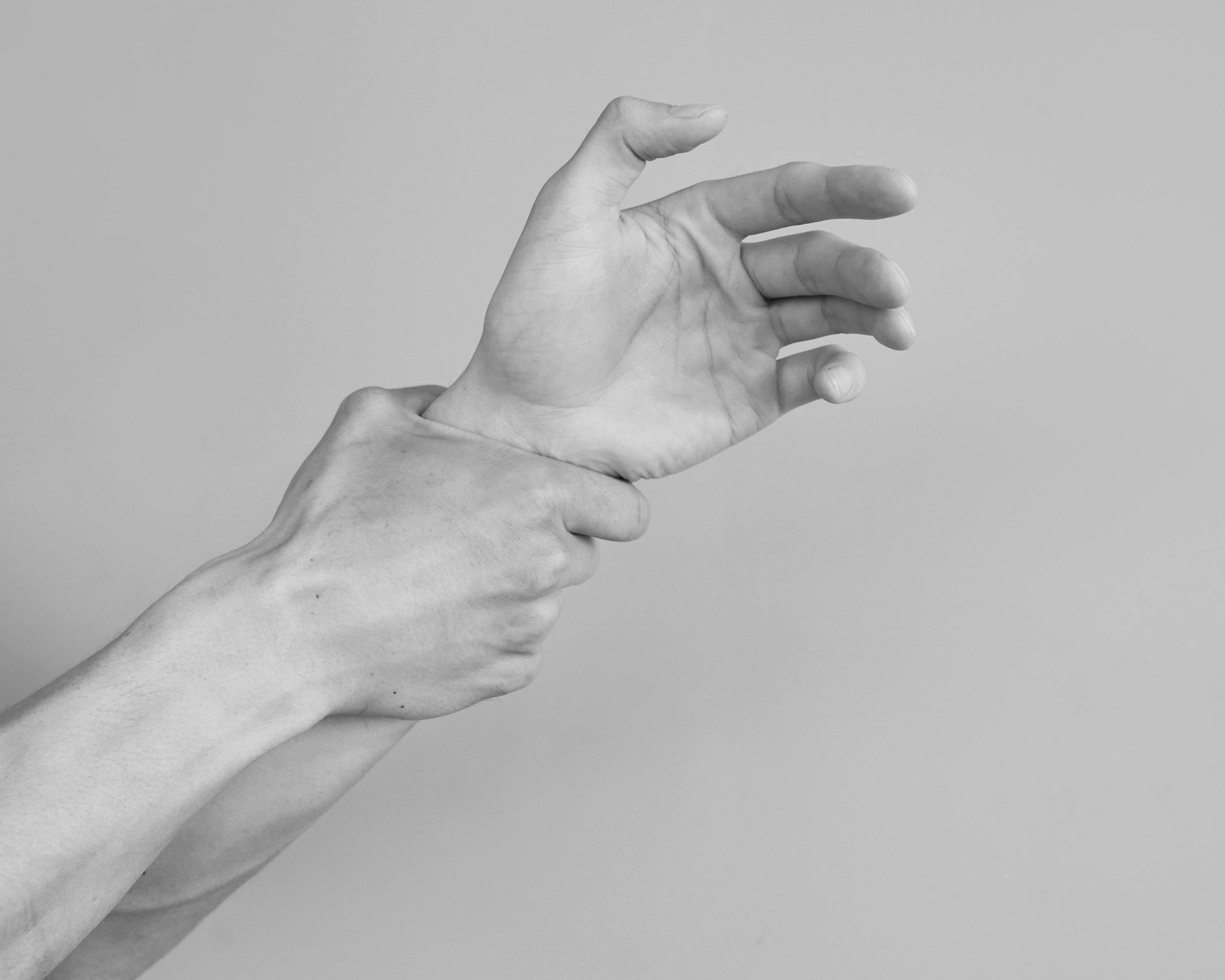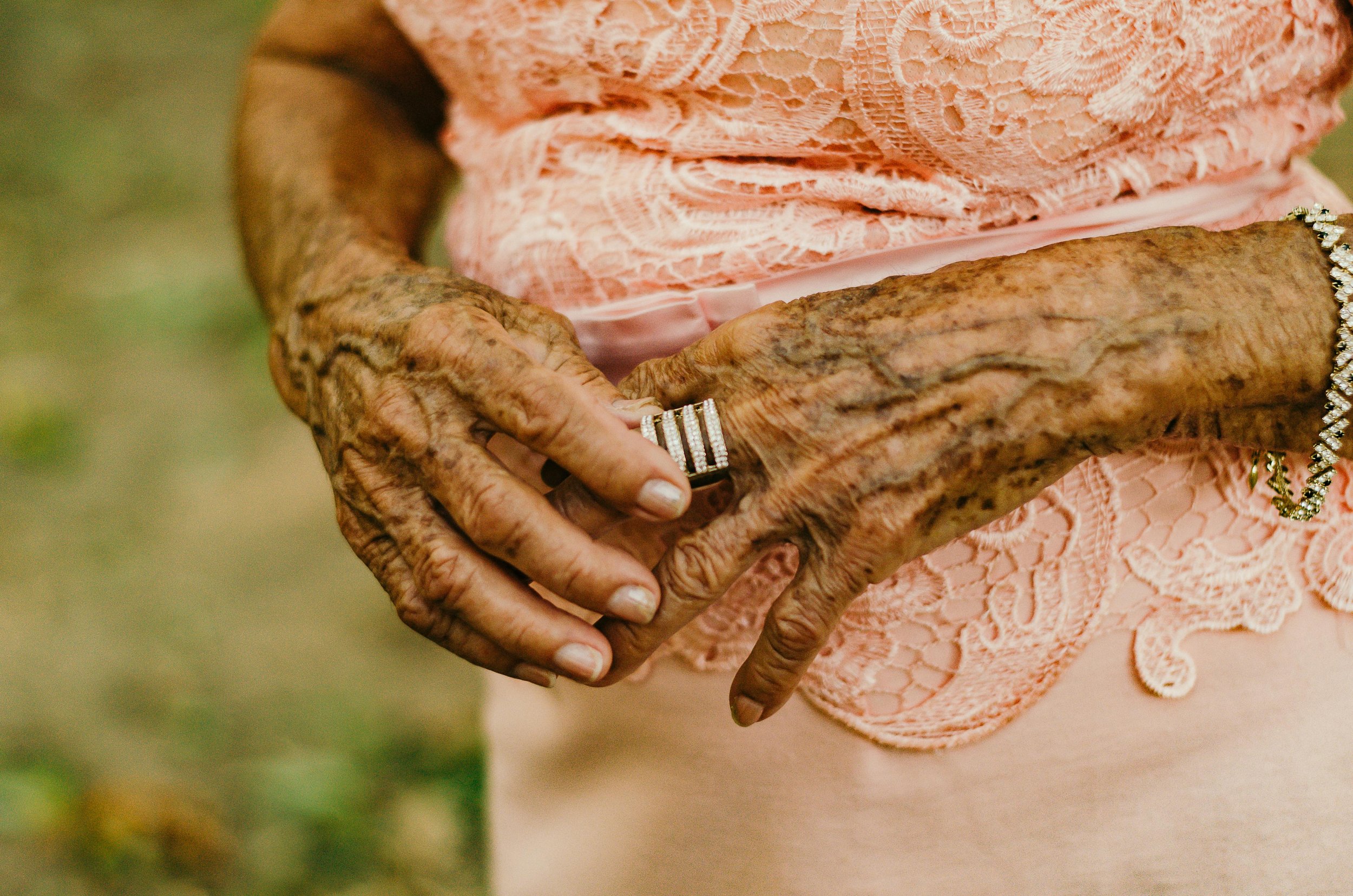
BLOG

How Potassium Supports Vascular Function
Potassium plays a vital role in vascular function by regulating blood pressure, supporting circulation, and reducing fluid retention that can stress veins.

The Role of Omega-3 Fatty Acids in Vein Health
Omega-3 fatty acids offer powerful anti-inflammatory benefits that support vascular health, improve circulation, and may help prevent venous disorders.

The Impact of Sedentary Lifestyles on Vein Health
Sedentary behavior has become a hallmark of modern life. From long hours at desks and binge-watching TV shows to extended travel in cars or planes, many people spend most of their day sitting. While the cardiovascular and musculoskeletal consequences of inactivity are widely discussed, the effects on vein health are often overlooked.

Managing Vein Health in Hot Climates
As temperatures climb during the summer months, many people look forward to longer days, trips to the beach, and spending more time outdoors. But for individuals with vein conditions—or those at risk of developing them—hot weather can be more challenging than cheerful.

Understanding Spider Veins: Causes, Treatments, and Prevention
Spider veins — those small, web-like clusters of red, blue, or purple veins that often appear on the legs or face — can be a cosmetic nuisance and, for some, a source of discomfort. While generally harmless, their appearance can prompt questions about what causes them, how to treat them, and what can be done to prevent them.

How Aging Affects Veins and Ways to Mitigate Related Issues
As we age, our bodies undergo a multitude of changes, some of which are more noticeable than others. While wrinkles and graying hair are obvious signs of aging, what happens inside our bodies—especially within our circulatory system—is just as important. Vein health can be significantly affected by aging, leading to various conditions such as varicose veins, deep vein thrombosis (DVT), and chronic venous insufficiency (CVI).

Understanding and Preventing Deep Vein Thrombosis (DVT)
Deep Vein Thrombosis (DVT) is a serious condition in which a blood clot forms in a deep vein, usually in the legs. If left untreated, DVT can lead to complications such as a pulmonary embolism (PE), a potentially fatal condition that occurs when a clot breaks off and travels to the lungs.

Why Staying Hydrated is Essential for Healthy Veins
When discussing overall health, hydration is often linked to kidney function, skin health, and energy levels. However, one of the less talked-about benefits of staying hydrated is its impact on vein health.

The Importance of Vein Evaluations
The health of our veins is something many of us rarely consider—until there’s a problem. Yet, vein issues are surprisingly common and can lead to serious complications if left untreated. Conditions like varicose veins, deep vein thrombosis (DVT), and chronic venous insufficiency (CVI) often develop gradually and silently, making early detection essential for effective treatment.

The Role of Genetics in Vein Health
When we think about our veins, most of us picture a complex network of vessels responsible for delivering oxygen-poor blood back to the heart. But how often do we consider the underlying factors that determine whether our veins remain healthy or fall prey to conditions like varicose veins, chronic venous insufficiency, or spider veins?
